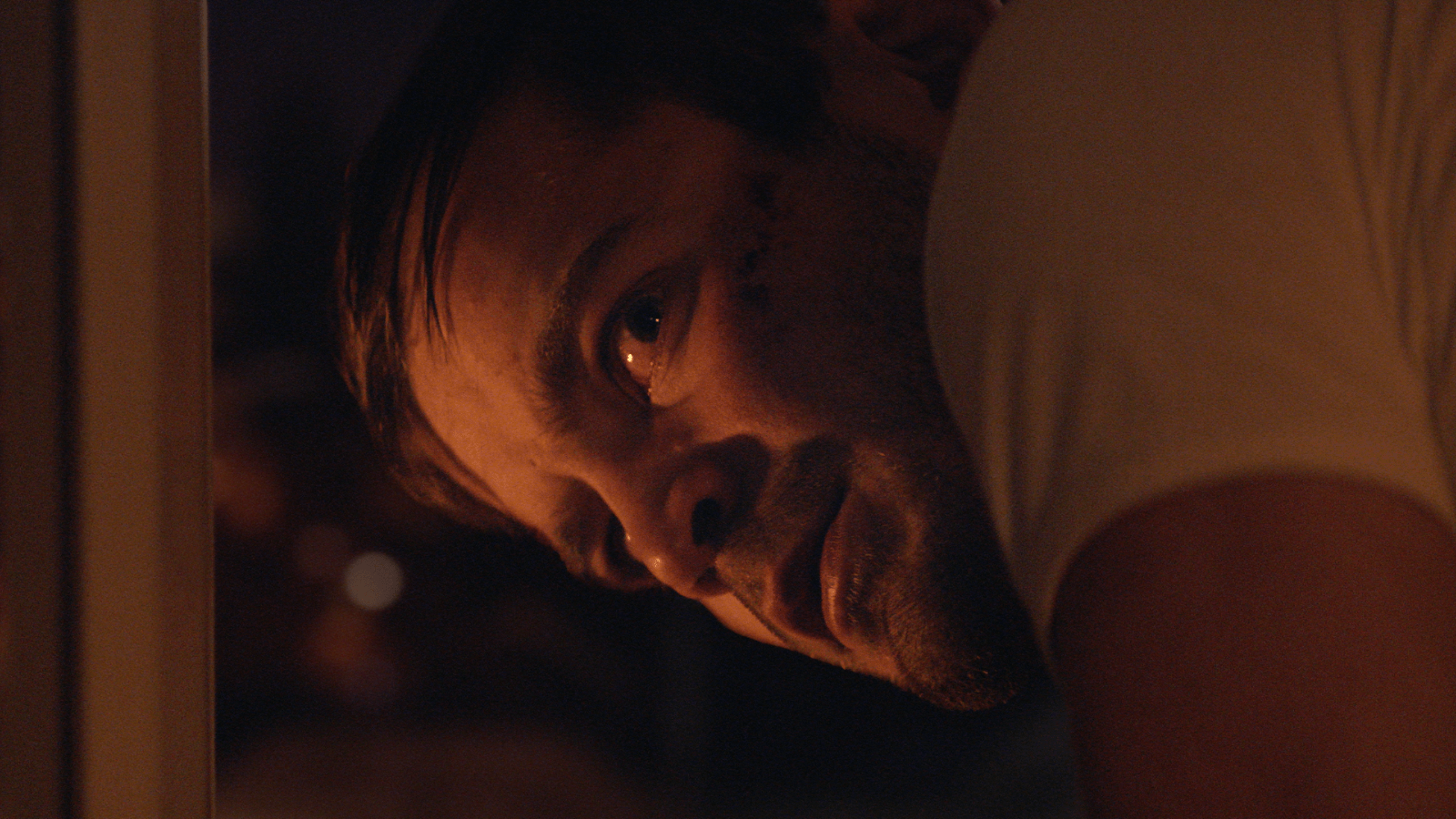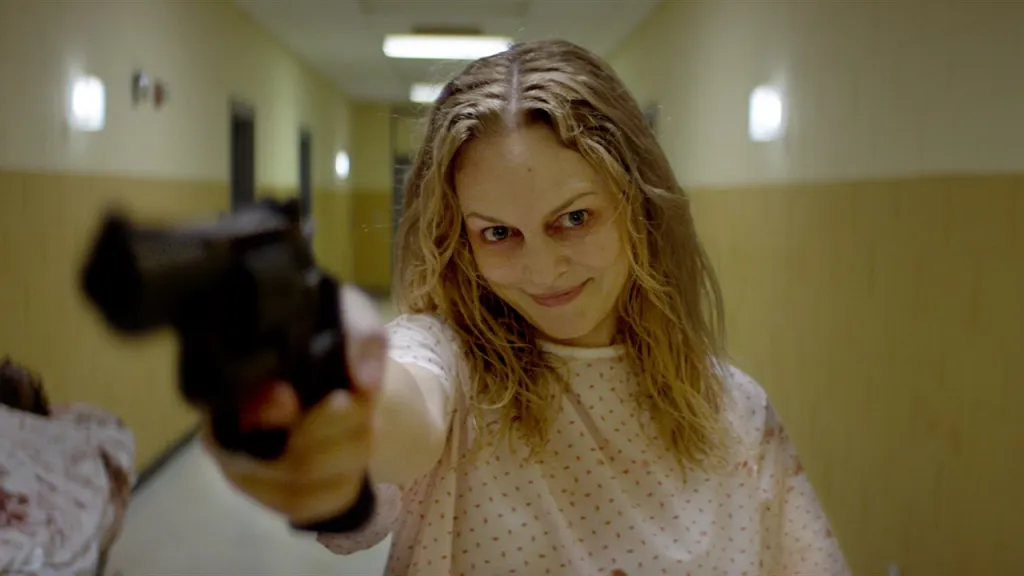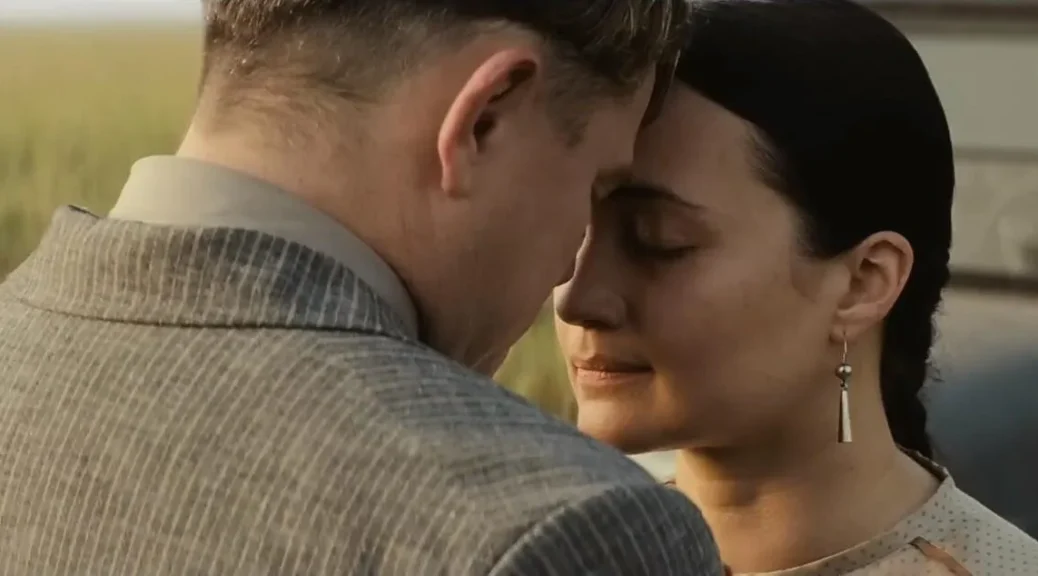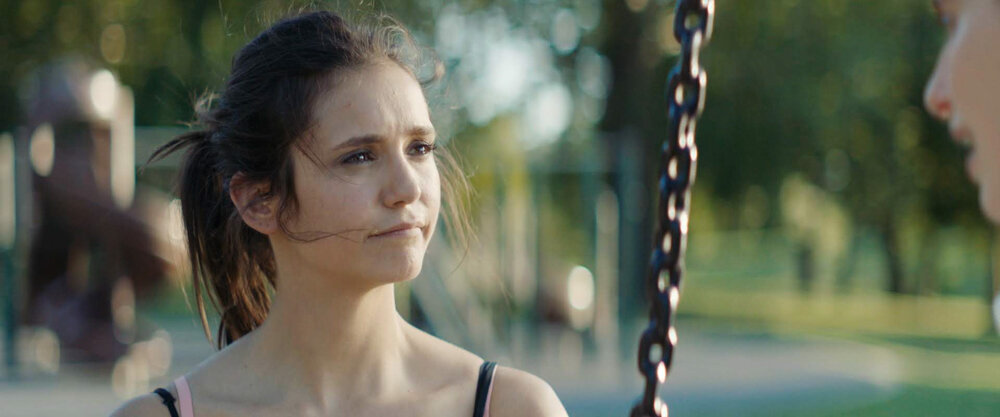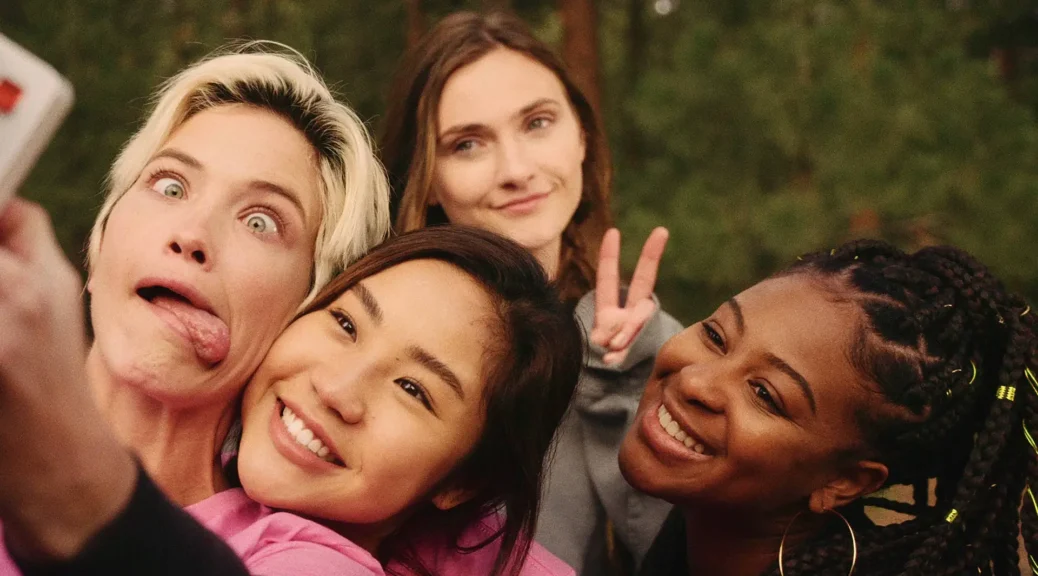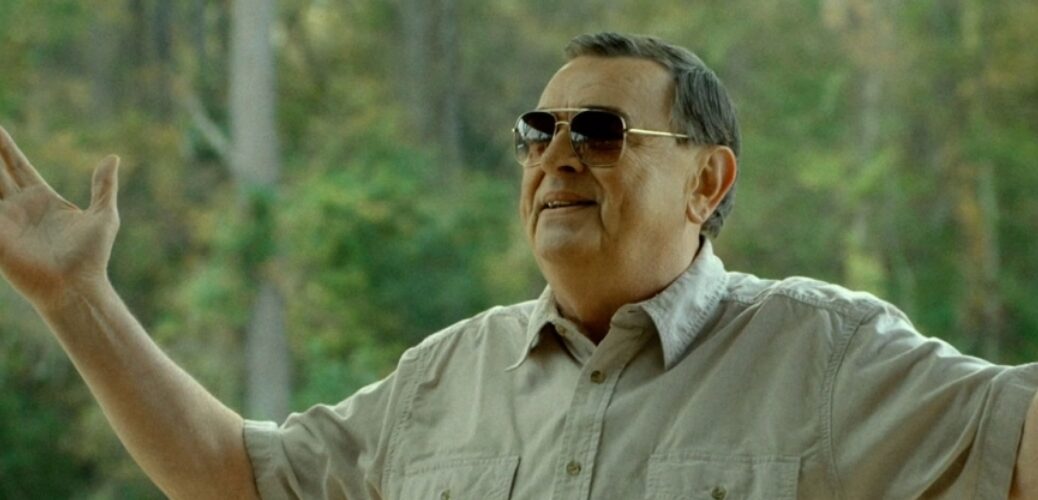Saturn Bowling
by Matt Weiner
The sins of the father might be laid upon the children. But it’s the women who suffer the most in Saturn Bowling, a tight and gripping French noir from director Patricia Mazuy (Paul Sanchez Is Back!).
Police detective Guillaume (Arieh Worthalter) inherits a bowling alley from his late father. Too busy to run the business himself, he allows his estranged half-brother Armand (Achille Reggiani) to oversee the alley’s operations.
While Guillaume tracks a brutal serial killer who is violently attacking and murdering young women, he must also juggle a new relationship with animal rights activist Xuan Do (Y-Lan Lucas) while keeping his father’s rowdy hunting buddies happy at the bowling alley.
It’s not a murder mystery—we know right away who the killer is, even if it takes Guillaume too long to realize the suspect is someone close to home. But it’s the killer’s motivations (as well as the unflinching misogynistic rage) that makes Mazuy’s thriller so deeply discomfiting.
Saturn Bowling is also sumptuously filmed, with the bowling alley’s seedy nighttime scenes bathed in deep blacks, reds and blues. And the daytime offers little respite. As befits this neo-noir, there are no heroes to be found.
Worthalter and Reggiani are well-matched to fill in the blanks in the brothers’ long-estranged relationship with their demeanors. The grizzled detective is a familiar character, but it falls to Reggiani to turn the cryptic Armand into a fully absorbing (if detestable) person. The film plays it coy at times with just what is haunting Armand, natural or otherwise. Which makes it incredibly effective and hard to watch when Reggiani unleashes the full extent of Armand’s perversity. The brothers’ fates take on almost Shakespearean proportions in the shadow of their dead father. Mazuy and co-writer Yves Thomas construct a seamy world where predators are constantly on the hunt, driven by almost supernatural forces that are beyond their grasp to understand, let alone stop and imagine what a less hateful existence may look like.
